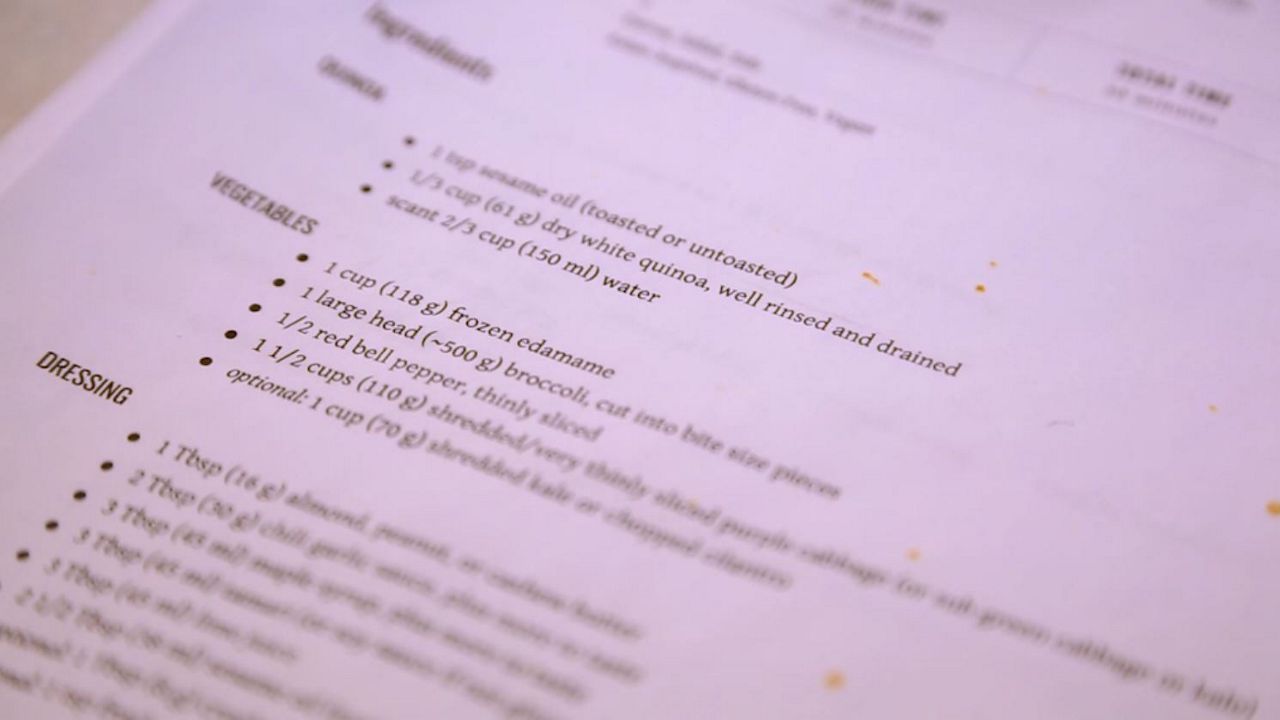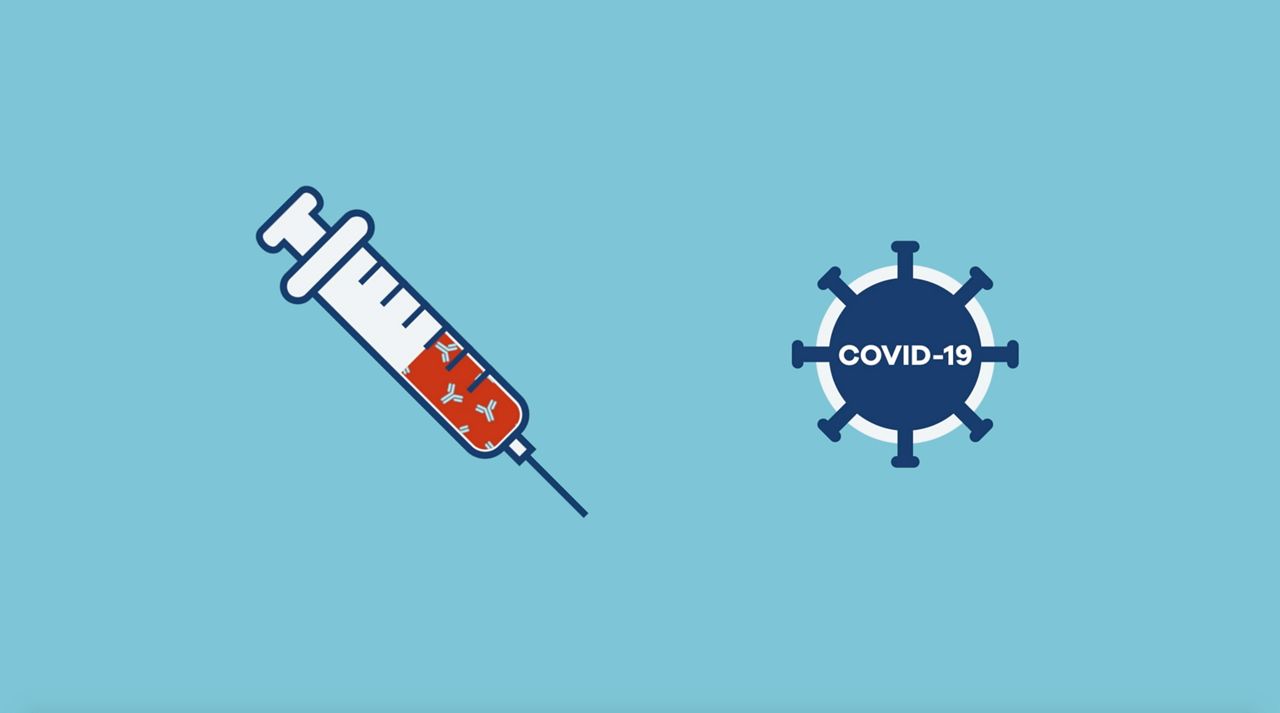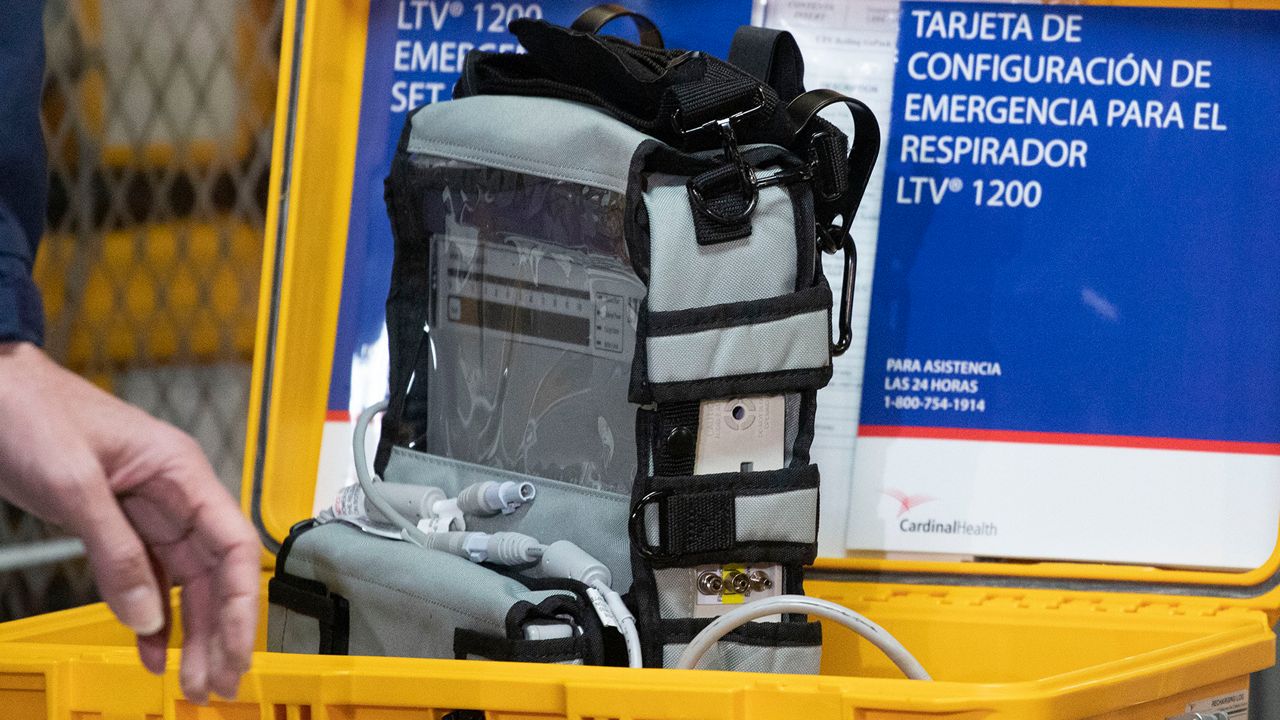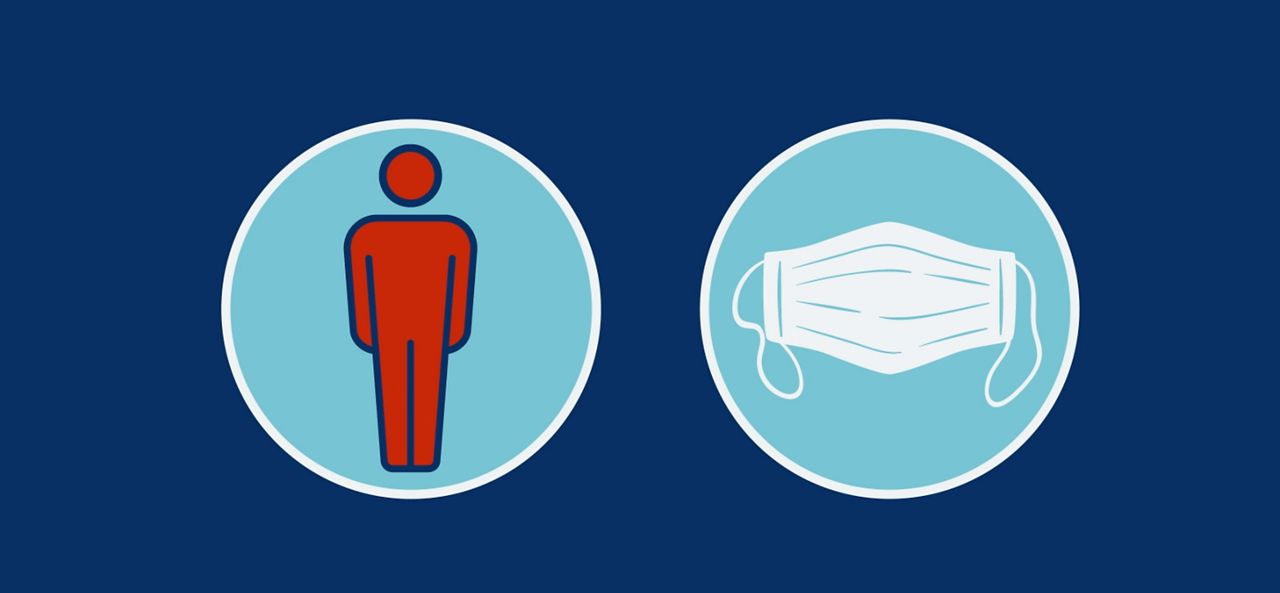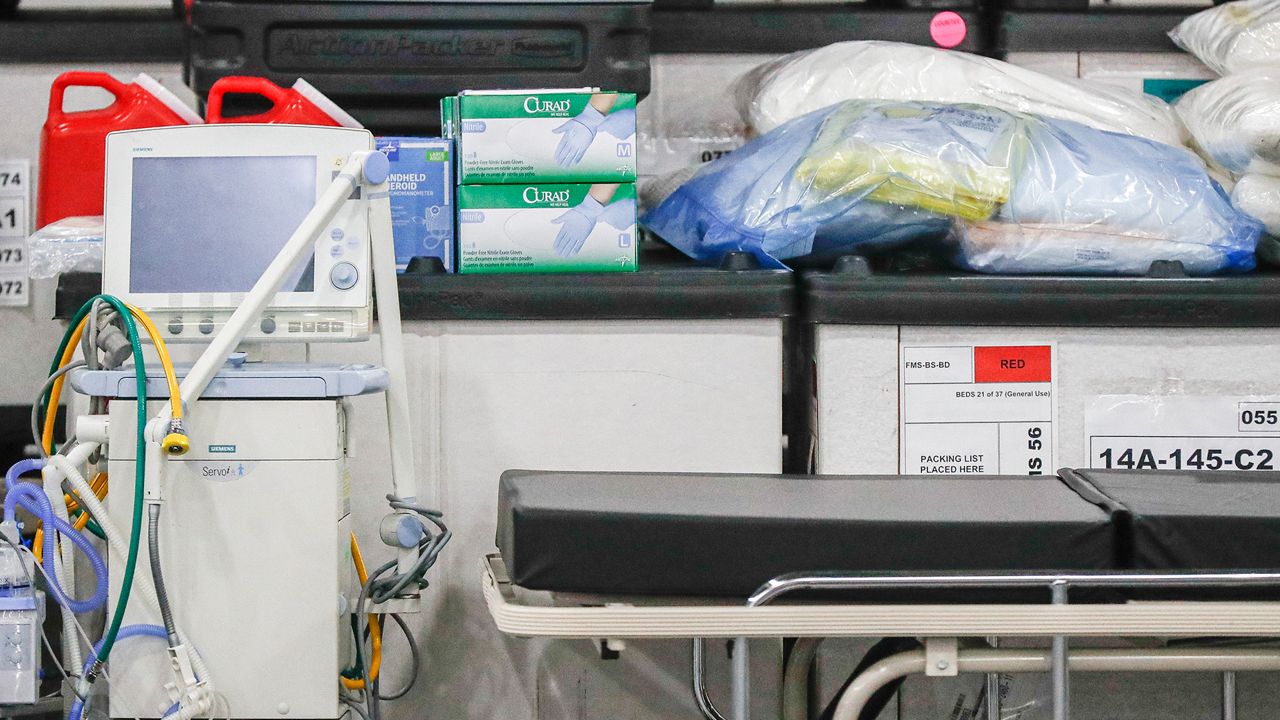Prediabetes, what is it?
It’s estimated more than 84 million Americans have higher than normal blood glucose levels, meaning there’s too much sugar in their blood, but not enough to designate them as having type 2 diabetes. The bright side to having prediabetes is that for most, it can be reversed by making significant lifestyle changes - focusing heavily on diet and exercise.
Are you at risk for having diabetes or inching closer to prediabetes?
There are several online calculators you can try out to help you determine whether you need to see a doctor about a potential problem. Some links: here, here and here.
Need help making these drastic lifestyle changes?
It can be daunting to change our ideas around food and exercise. But there are tons of programs out there, and A LOT of people struggling with the same problem.
To start, in the Diabetes episode of Exploring Your Health we spoke with Jim and Dorothy Harris, who were enrolled in the Complete Health Improvement Program, offered through their local hospital Advent Health in Florida. Anyone can sign up to do CHIP on their own, with a subscription cost, that link is here.
Studies have shown that working toward healthier lifestyle habits is most successful in a group setting, with certified diabetes educators and nutritionists on hand to offer evidence based support and guidance.
The National Institute of Diabetes and Digestive and Kidney Diseases released data from a landmark study in 2002, the Diabetes Prevention Program (DPP) – which we also referenced in Exploring Your Health. It showed that participants with prediabetes could reduce their chance of progressing to full blown diabetes by 58 percent through lifestyle changes. It also found that a type 2 diabetes diagnosis could be avoided, to a lesser extent, by regularly taking metformin.
DPP began as a study that progressed into a federally recognized partnership of public and private organizations looking to reduce the number of Americans with prediabetes and type 2 diabetes. Some of the programs are covered by insurance or Medicare.
You can search here for local DPP organizations recognized by the Centers for Disease Control and Prevention.
One of the more celebrated DPP providers is the YMCA. It offers the group-based lifestyle modification courses at more than 1,100 sites in 42 states.





